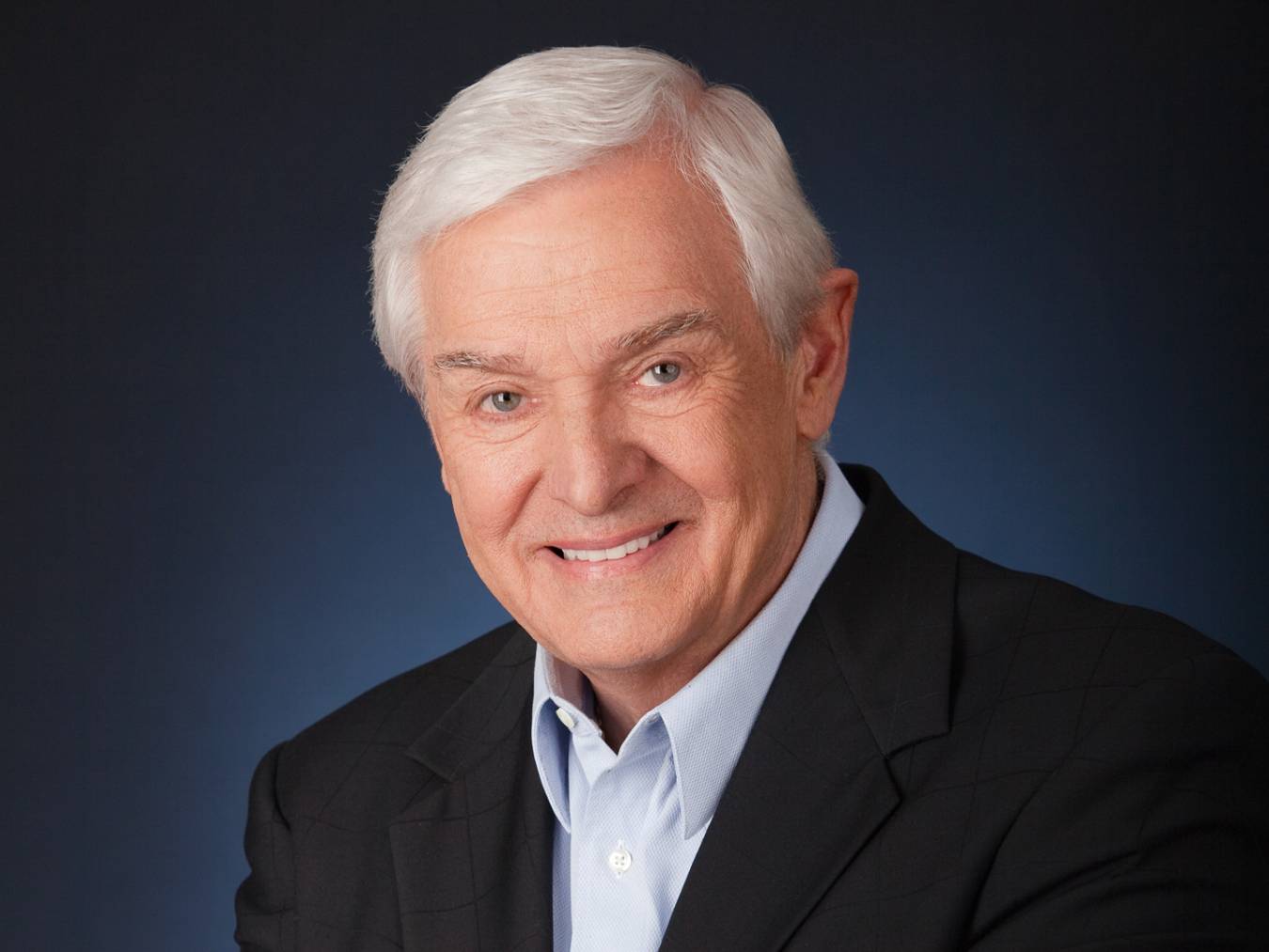By David Jeremiah
EL CAJON, California (BP) – Instead of having one slow brain, today’s computers have several really fast brains that can handle tasks independently of each other. While the brain God gave us is more powerful than any computer, we only have one. And it works best when it is focused on one thing at a time.
If you’re a student of the Bible, you already know where we’re headed: Matthew 6:24 – “No one can serve two masters; for either he will hate the one and love the other, or else he will be loyal to the one and despise the other. You cannot serve God and mammon” (NKJV).
Spiritual multitasking
First, let’s look carefully at Jesus’ words in this part of the Sermon on the Mount, then define them more closely. To give context, Jesus is talking about the practice He witnessed in Roman occupied Galilee – slavery. When He says, “No one can serve two masters,” the word for serve is “douleuo,” from which comes the familiar Greek word for slave – “doulos.” A doulos was a bondservant, a slave, not an employee. His allegiance was to only be to one, and only one, master.
Those listening to Jesus’ teaching would have understood perfectly what He meant: “Being a slave is a full-time job. You owe complete allegiance to the one who owns you. He feeds you, clothes you and provides for you and your family. If you tried to deceive your master by submitting yourself to a second master, chaos would result. You will serve neither well. You’ll love and be loyal to one, while hating and despising the other.” The lesson was, “You cannot serve God and mammon.”
Mammon was an Aramaic word that meant money, riches or wealth. Some English translations today use mammon and some use one of the other English words. In any case, Jesus’ point was clear: You cannot be the slave of God and the slave of money at the same time. You will have to choose this day whom or what you are going to serve (Joshua 24:15).
It is a disappointment that, in many English translations, Jesus’ words in Matthew 6:24 are separated by a section header that separates this verse from what follows: Jesus’ words about not worrying about money! Many Christians are familiar with the “God and mammon” verse (Matthew 6:24) and the verses about not worrying about material provisions (Matthew 6:25-34) without realizing they belong together.
Apparently, lots of people in Jesus’ day –and no doubt in ours — were making themselves a slave to worrying about money and sustaining wealth instead of trusting God for His provision for their lives. And Jesus said, You can’t multitask this; you can’t be a slave of God and a slave of riches at the same time.
Spiritual ‘monotasking’
God has designed us to do only one thing for all time — to keep our heart, soul, mind and strength focused on serving God alone. “This is the first and greatest commandment,” Jesus would say later (Matthew 22:38).
Yes, we need food, money and clothing for ourselves and our family. So how do we obtain what we need without becoming a slave to those needs in the process? By “[seeking] first the kingdom of God and His righteousness, and all these things shall be added to you” (Matthew 6:33). Jesus had already told His audience, “Your Father knows the things you have need of before you ask Him” (Matthew 6:8). When we seek Him, and His righteousness alone, God will provide what we need.
When we adopt a “monotasking” lifestyle with our whole life devoted to God alone:
– Our heart will be faithful to the Savior.
– Our soul will be fellowshipping with the Savior.
– Our mind will be focused on the Savior.
– Our strength will be found in the Savior.
And as a result, our steps will be following the Savior’s. Do you see a single, common word in those sentences? That’s it — Savior. We have only one task in life: be a faithful servant of our Savior, Jesus Christ, and His Kingdom.
The apostle Paul wrote that “we have the mind of Christ” (1 Corinthians 2:16). When His will and words fill our mind, there will be no room left for the mindset of this world. Once we learn to serve Him alone, we’ll wonder why we ever tried to do more.




